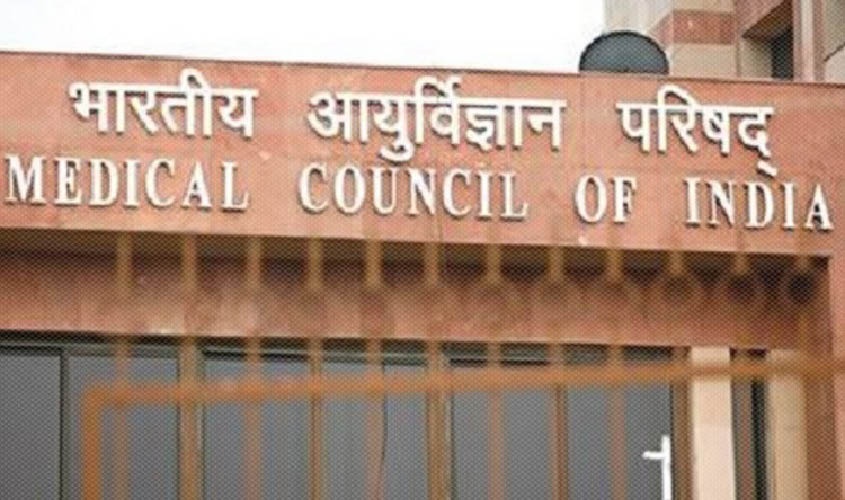Once NMC comes into being, the MCI will automatically get dissolved.
NEW DELHI: The ball has been set rolling for constitution of the National Medical Commission (NMC), replacing the eight-decade-old Medical Council of India (MCI).
A draw of lots will be held on 14 October to select members of the NMC from the nominations sent by the state governments, Union Territories and State Medical Councils. The entire process of constituting the NMC will be transparent and media persons have been invited to participate in the lottery. The Centre has also issued advertisements for filling up various posts in NMC, including for chairman, secretary and members.
Once the NMC comes into being, the MCI will automatically get dissolved and the Indian Medical Council Act will stand abolished. The Medical Council of India was first established in 1934 under the Indian Medical Council Act, 1933. The Council was later reconstituted under the Indian Medical Council Act, 1956, which replaced the earlier Act.
The government, this is to be noted, had superseded the MCI in 2017 and appointed a Board of Governors (BoG) to perform its functions.
The NMC Act, which is expected to bring in major reform in the field of medical education, received the assent of the President on 8 August. The Act provides for setting up of an NMC in place of the MCI for development and regulation of all aspects of medical education, profession and institutions. It proposes a common entrance examination and licentiate exit examination, which all medical graduates will have to clear to get practicing licences.
Sources said several relevant sections of the Act came into force on 2 September, following which the Union Ministry of Health and Family Welfare wrote to all chief secretaries, home secretary (in UTs) and State Medical Councils, seeking nominations for selection of members to set up a Medical Advisory Council (MAC), which will be the larger body having representatives from all state governments and State Medical Councils. The draw of lots will be held from these nominees.
A Health ministry source said the common national entrance test NEET—which will be applicable to institutes like AIIMS—will come into force from the next academic year. The NMC Act proposes a common final year MBBS examination, to be known as National Exit Test (NEXT), for admission to post-graduate medical courses and also for obtaining licence to practice. It would also act as a screening test for foreign medical graduates, the source said. NEXT results would be the basis for admission to PG courses and to obtain licence to practice. Regulations to operationalise NEXT would be made in due course.
“As regards NEXT, there will be a three-year window to make it operational. There will be detailed negotiations on the contours of the examination. The NMC will also regulate fees and all other charges in 50% seats in private colleges as well as deemed-to-be universities. Efforts will be initiated to enforce fee regulation from the next academic year,” the source said.
This is to be noted that about 50% of the total MBBS seats in the country are in government colleges, which have nominal fees. Of the remaining seats, 50% would be regulated by NMC. Therefore, almost 75% of total seats in the country would be available to students at a reasonable fee. Interestingly, there was no provision to regulate fees in the Indian Medical Council Act, 1956.

